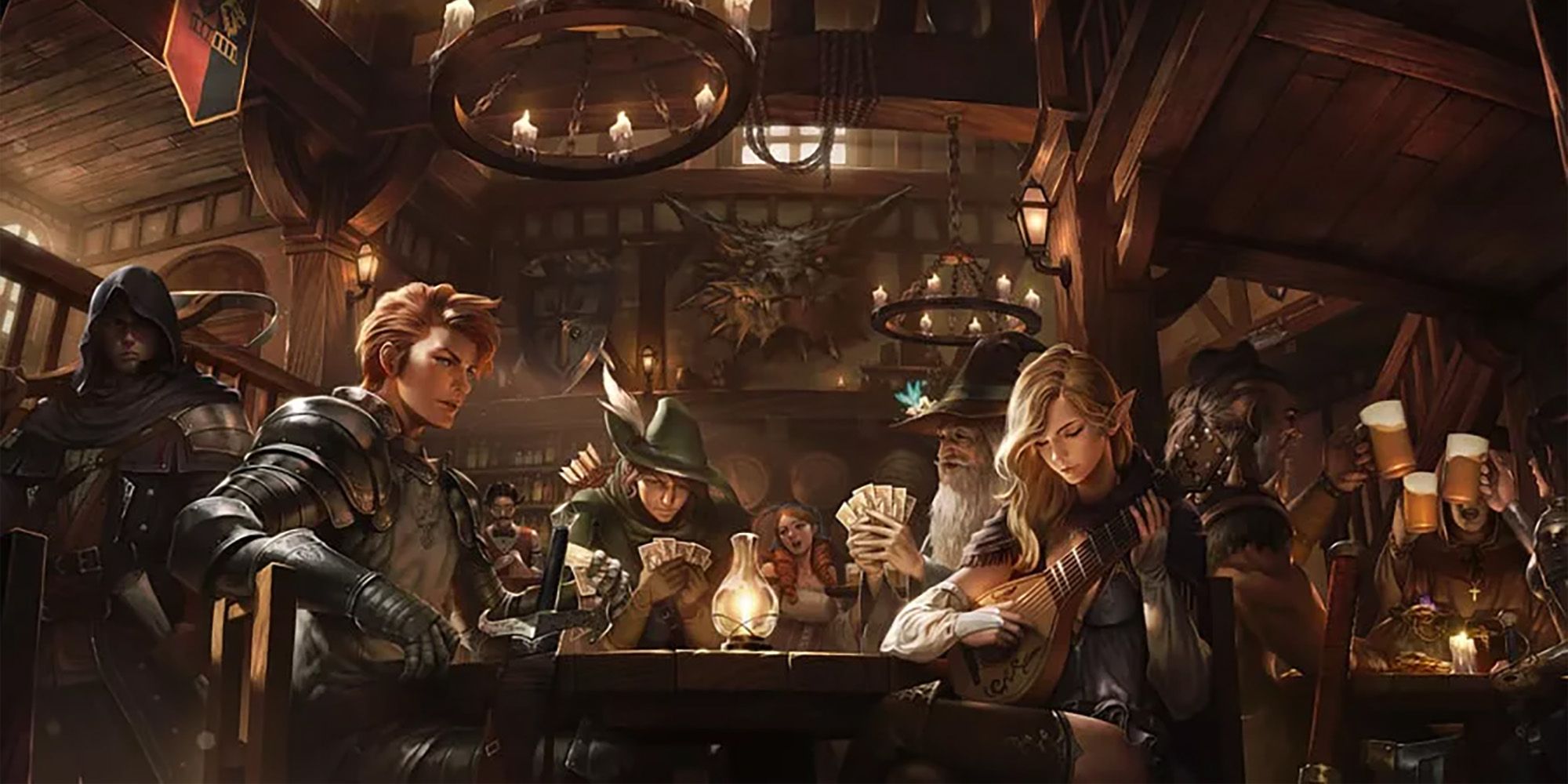
The ideal Dungeons & Dragons game sees the entire party working together to meet the greater end, but unfortunately not all parties start off on the right foot. Whether it is a character's morality rubbing everyone else the wrong way or each players simply having different playstyles, an non-cohesive party can make even the most well-planned game flop before it even gets out of the tavern.
Because the Dungeon Master is running the game for everyone else's enjoyment, fostering party cohesion often falls on their shoulders. While that may not seem fair, given all the time and effort they've put into crafting a fun and exciting adventure for their players, orchestrating every aspect of the game is part and parcel to donning the DM's mantle.
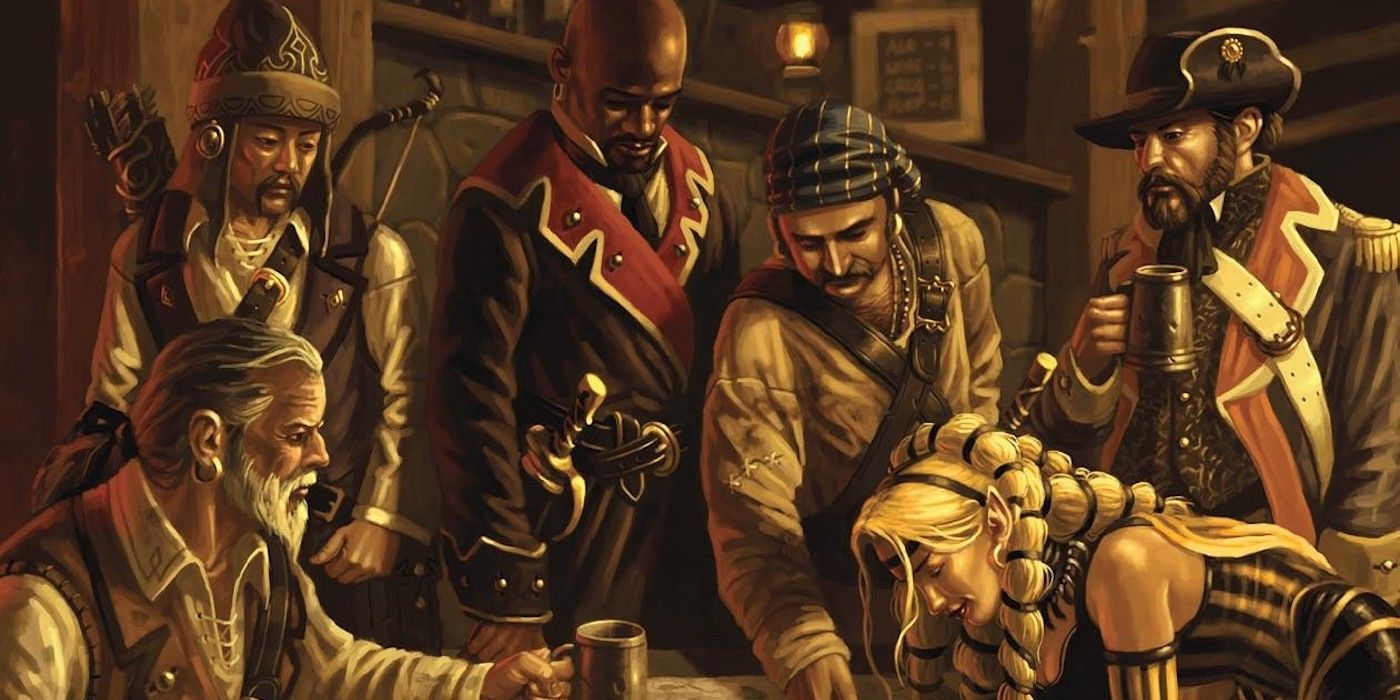
Before launching into a game, it's important to take time to talk with every player. Consider holding a session zero where everyone sits down before the campaign begins to discuss the setting, goals, rules and boundaries. This gives the DM some insight into party's desires -- both as characters and players -- and establishes everyone's comfort level in advance.
Not all players come to the table for the same reason, and it's rare to assemble a party where everyone wants the same things. Taking the time to give everyone a chance to voice their wants and needs creates an open dialogue before the game even starts. There's no guarantee everyone will always respect each other, but having an open dialogue early on will make it easier to work through any problems that arise.
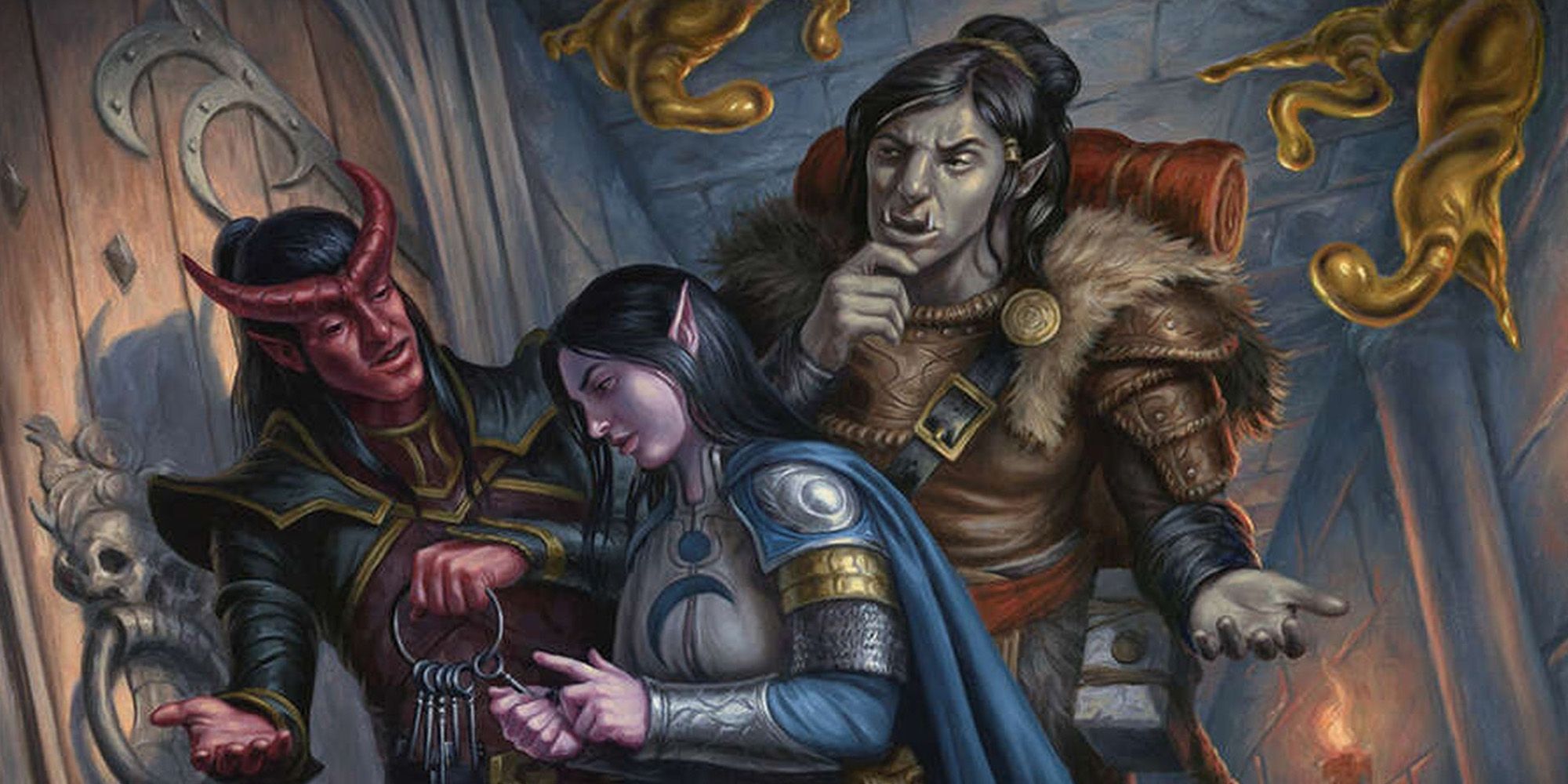
Some players get excited about the storytelling aspects of the game, like role-playing and exploring plot threads. Others are there strictly for the action, and will feel most connected to the game while delving into dungeons and during the heat of combat. Differences in playstyles can tear a party to pieces if players aren't willing to compromise, and finding that out early on can mean the difference between a successful game and a disaster.
Creating a good balance between role-play and combat in each session demonstrates how all aspects of the game are necessary. Exploring dungeons is all well and good, there should be a reason for combing those dungeons. Perhaps the players are searching for something specific that ties into the overall plot. The same concept applies to role-playing. Some players enjoy acting out their fantasies, but steering those toward an overall story goal that result in combat gives both types of players something they need to satisfy their personal preferences.
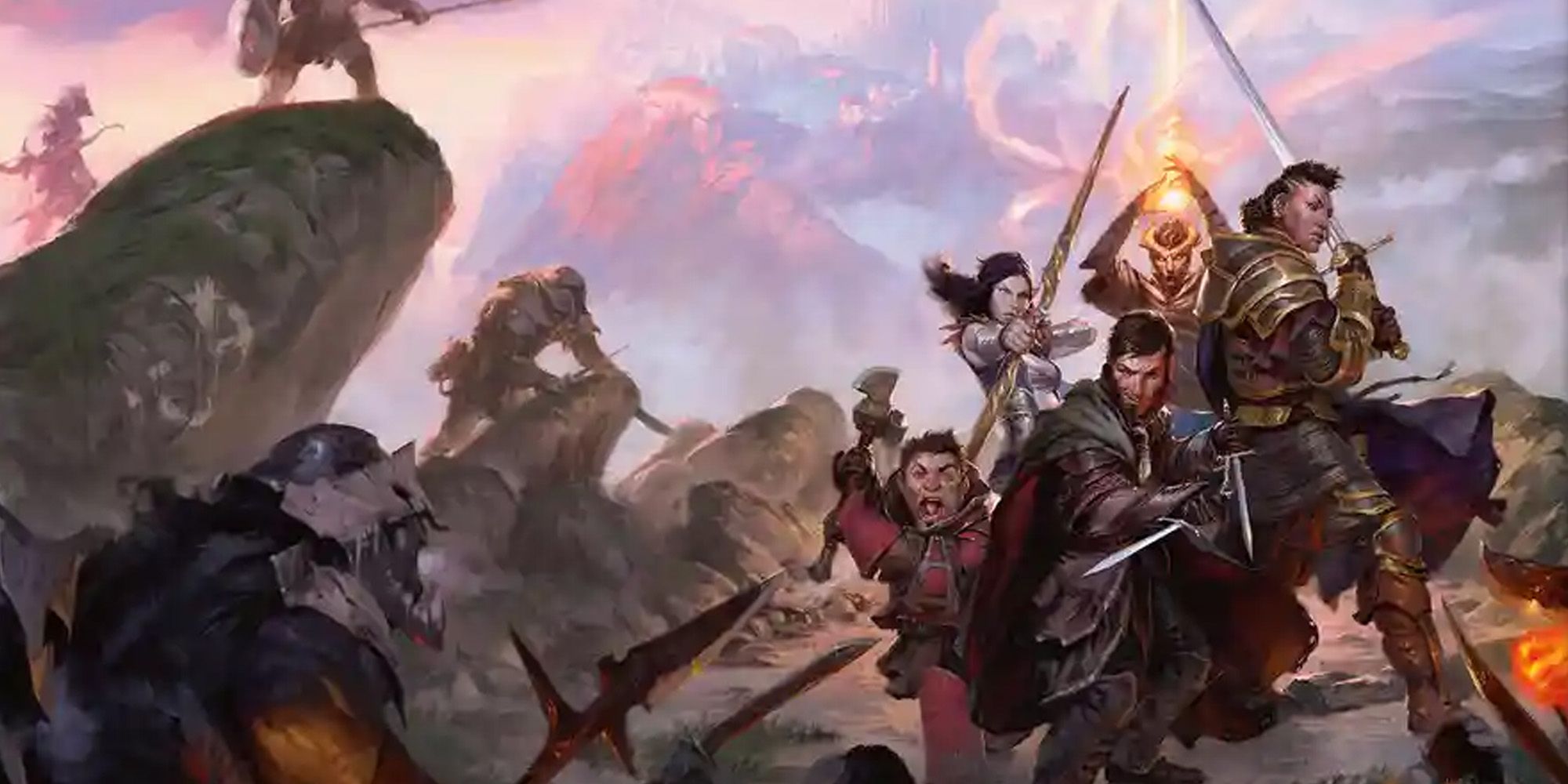
Even with common goals to focus on, players will still want to advance their personal goals. That's fine, so long as those don't derail the campaign and interfere with other characters' moments in the spotlight. Finding opportunities to promote teamwork is a surefire way to get everyone working together for the greater good.
Using skill challenges that rely on combinations of class-specific skills is a great way to show players the value of the party as a whole. Providing puzzles that can only be solved by working together reinforces the need for unity, as well as demonstrating their value to each other. When the party comes up against another challenge later on down the line, they'll be more likely to reexamine what everyone brings to the table.
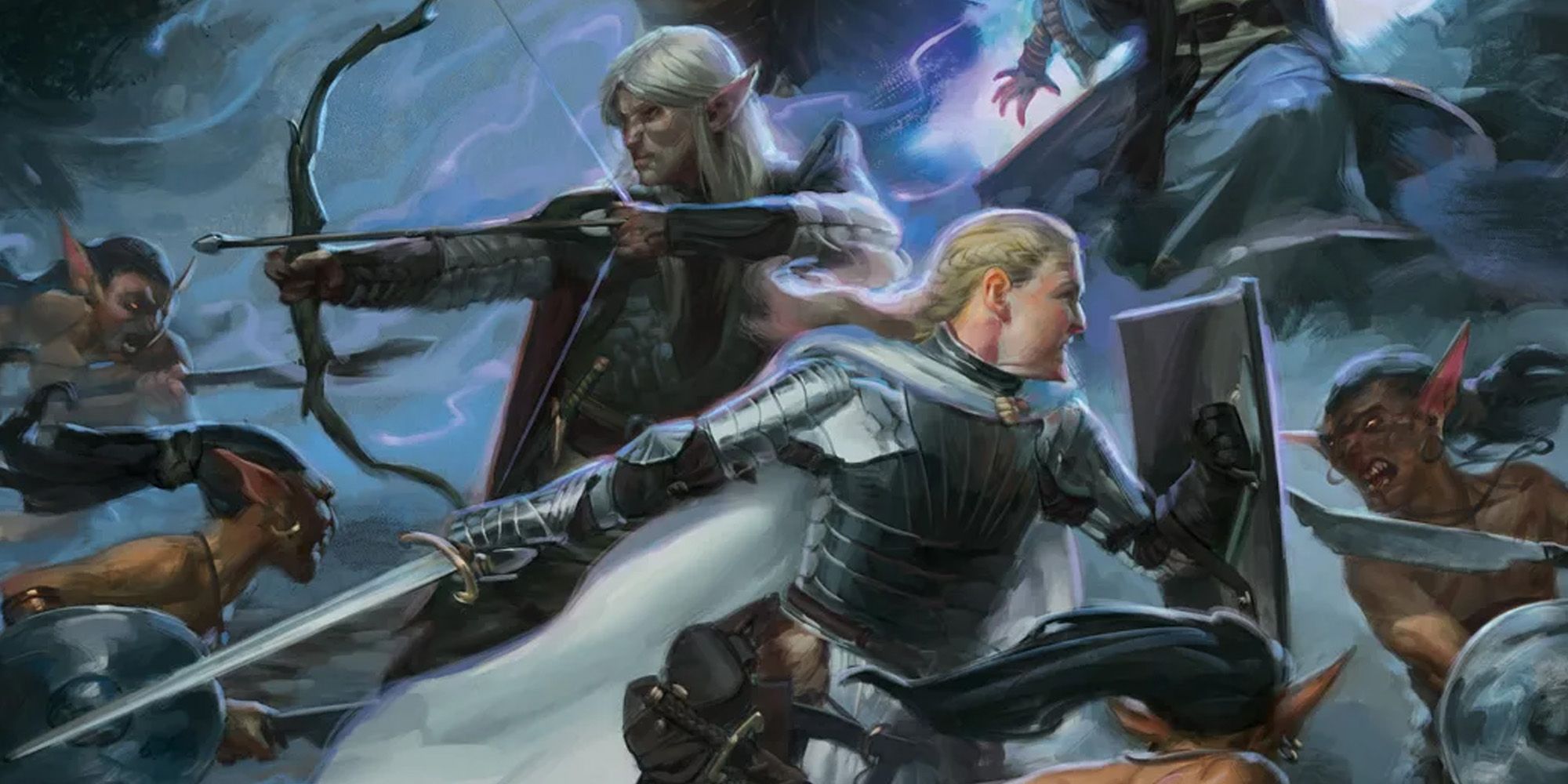
Similar to providing balance, it's equally important to give each player moments to shine. There are always going to be scenarios where players won't feel like a valuable asset to the rest of the party. Rogues aren't going to feel useful in a dungeon with no traps to disarm or locks to pick open, just like a tank is going to feel out of place during a political negotiation where diplomacy is most important to brute force.
Keep every member of the party in mind when designing encounters, whether they are role-playing opportunities or dungeon delves. Make sure there are traps and locks for the Rogue and arcane obstacles for magic-users to work through or dispel. For example, you can plunk an overbearing bodyguard into a political negotiation so the warriors have someone to intimidate while the Bard does all the talking.
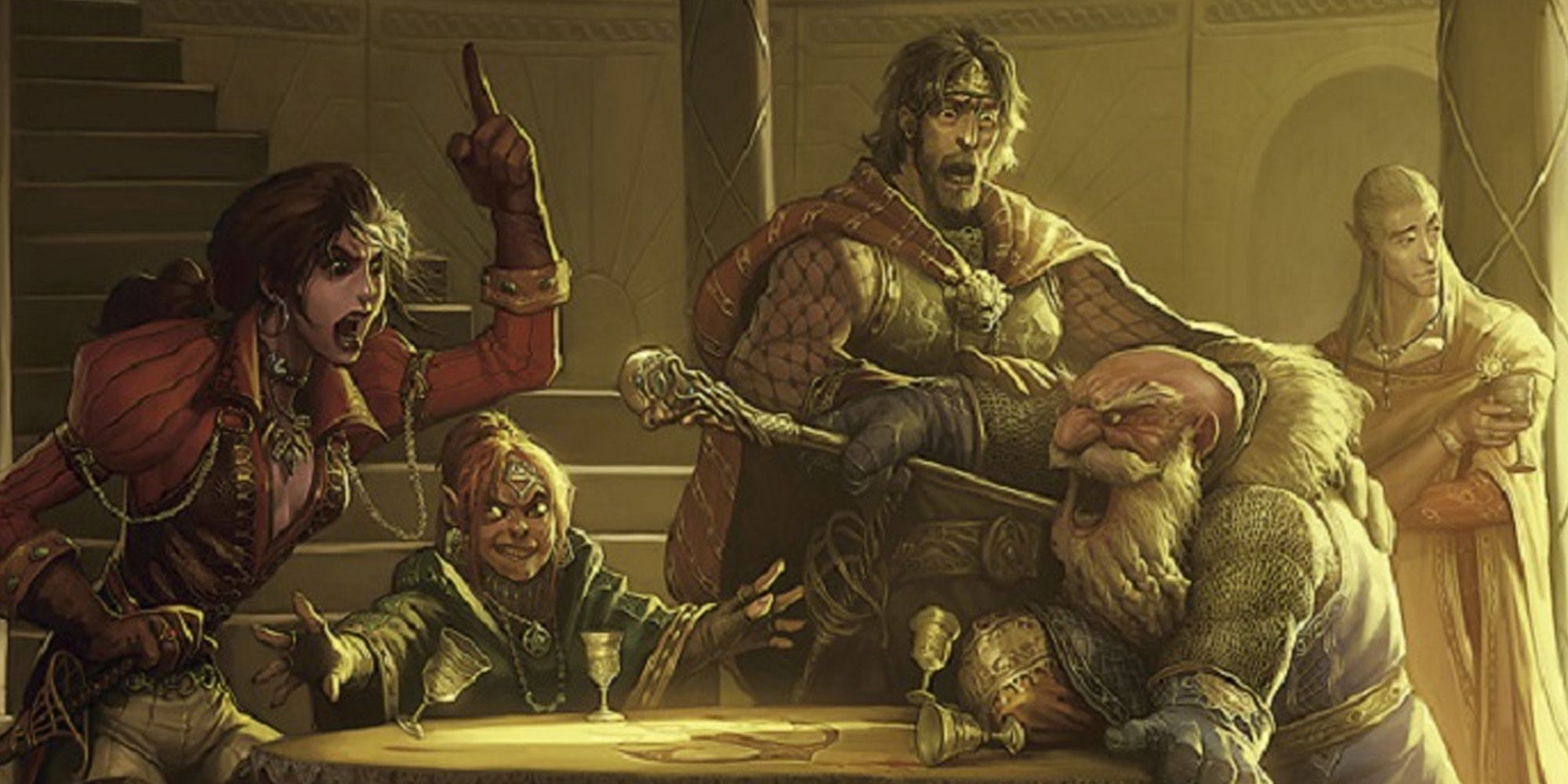
There are numerous warning signs that the players are struggling with each other, and getting to the bottom of that struggle is just as much the DMs responsibility as it is the players. If people are coming to the DM in private to complain about the game, characters or other players, take a time out. Set the game aside and take time to the root of the problem. Maybe there are character morality clashes, or someone feels slighted by another player stealing all the glory.
Sometimes, players don't even realize their actions are bothering other people at the table. Other times, they may not care at all if they're upsetting everyone else. Taking a step back to speak with everyone means taking a hard look at the situation and deciding whether or not it's necessary to give someone a warning or remove them for the sake of the overall game. This is a position no one wants to be in, but in the end, D&D is everyone's game, and if a single person is making everyone else uncomfortable or angry, taking action shows everyone else how much the DM values playing with them.
0 Comments